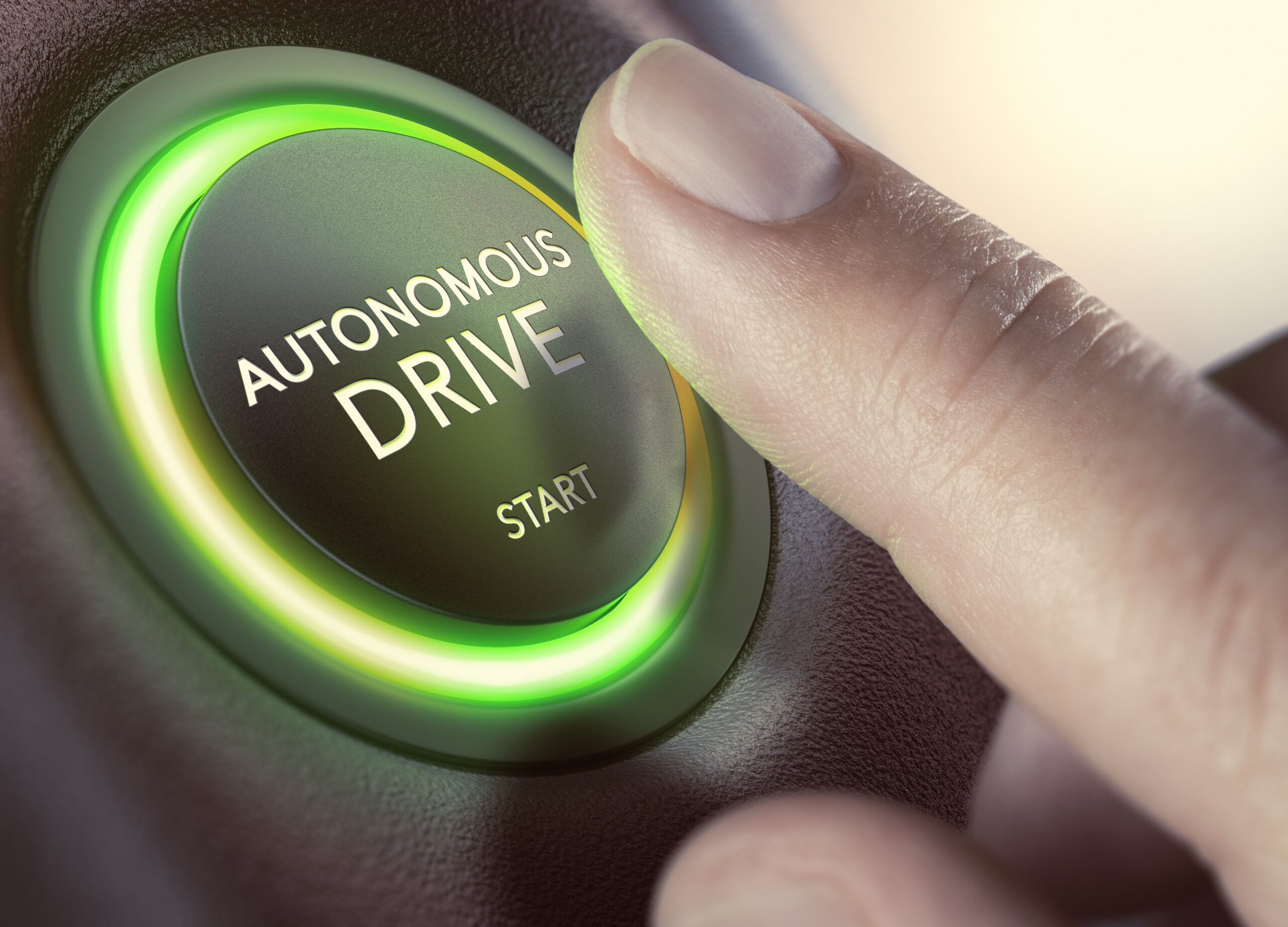Self-Driving Car Liability in Sacramento

You’ve heard it many times by now — self-driving cars are future. California is home to two major companies currently testing self-driving cars: Uber and Google. One company, Phantom Auto, is even testing in Sacramento. Tesla, General Motors, Ford, and Volvo have also gotten in the game.
All of these companies are currently testing or producing vehicles with some measure of self-driving capability. While a fully autonomous vehicle has yet to be produced, several cars capable of partially autonomous driving are currently being tested on California roadways.
As technology advances, so does the way we live our everyday lives. As self-driving cars are becoming more of a reality, laws for liability are becoming increasingly important. The Sacramento car accident lawyers of Demas Law Group can help you sort through the complicated and ever-evolving laws regarding self-driving car accidents and autonomous vehicle regulations.
Self-Driving Car Laws in California
Lawmakers are scrambling to keep pace with changing automobile technologies. Initially, California laws required a human to be in the driver seat of a self-driving car in case the vehicle encountered a condition that it couldn’t handle. The laws were updated in 2018 to require a self-driving car to be guided by a backup “remote” driver.
Some companies have opted to connect remote operators with their self-driving cars through a cellular network, a setup that allows them to “drive” via a steering wheel on their desk. However, potential flaws may arise in this system because cellular networks are not 100 percent dependable. They can occasionally fail, or they may have gaps in coverage in certain areas. If they are slow, a delayed cell signal could have devastating consequences when drivers need to make split-second decisions.
California Vehicle Code requires the Department of Motor Vehicles to adopt regulations governing the testing and public use of autonomous vehicles on California’s roads. Currently, California offers three autonomous vehicle permit options, each with different requirements. A manufacturer can apply for:
- A testing permit, which requires a driver
- A driverless testing permit
- A deployment (public use) permit
The state is also currently developing regulations for the use of autonomous light-duty motor trucks (delivery vehicles).
Who Is Liable in Self Driving Car Accident?
Many people believe that autonomous cars could improve make us safer on the roads. However, unresolved questions about self-driving vehicle safety abound. In California alone, over 30 accidents since 2014 have involved driverless vehicles.
Not surprisingly, when accidents occur, many questions surround issues of liability. Who is responsible in case of an accident? Car companies, insurance companies, federal agencies, and state legislatures are all discussing how to regulate safety in autonomous vehicles, with no easy answers.
In a standard car accident, multiple parties can be responsible if something goes wrong: the driver, the car manufacturer, another driver, or even the car’s owner. Assigning liability can be complicated even in those basic types of accidents.
Autonomous technology adds more layers of potential liability. In an autonomous car accident, liability could also be assigned to the software manufacturer or the vehicle manufacturer. Identifying and proving fault could be a challenging process.
Liability in an autonomous driving accident could fall upon:
- The driver: California Vehicle Code stipulates that the operator of an autonomous vehicle is “the person who is seated in the driver’s seat, or if there is no person in the driver’s seat, causes the autonomous technology to engage.” In most states, regulations require an alert system to notify the operator, or the person in the driver’s seat, when there is a technology failure and allow the driver to take over. Liability also could be potentially shared between the person who “engages” the vehicle and a vehicle occupant who has the ability to override the car manually.
- The vehicle owner: Most states would hold the vehicle owner partially responsible for an accident, even if the owner wasn’t actually driving. This could certainly be the case with self-driving vehicle accidents.
- The driver’s employer: If a driver is operating the vehicle in connection with work duties, the driver’s employer could potentially be held responsible for any accidents.
- The vehicle manufacturer: The car company could possibly be held liable in the case of a software or hardware malfunction. This situation is similar to cases where manufacturers are held responsible for accidents or injuries caused by an inherent defect in their products. However, in California, the state limits the liability of the original manufacturer when the autonomous technology is installed by a subsequent installer.
What Can We Expect for the Self-Driving Car Future?
While Tesla CEO Elon Musk has promised 1 million completely self-driving taxis by 2020, others say it will take longer. Some experts predict that a future with entirely autonomous cars is still decades away, if ever.
However, with cars in the testing phase and already on California’s roadways, more accidents are likely to happen before autonomous vehicles are considered completely trustworthy.
What’s safe to say is that laws relating to self-driving cars laws are continually evolving. The case law pertaining to these accidents, especially accidents leading to fatalities, will be significant. Expect the law to be continually updated to keep up with changing technology.
How Can Demas Law Group Help Me After I’ve Been in a Self-Driving Car Accident?
If you or a loved one has been injured in an accident with a self-driving car, you will need an experienced car accident attorney to help you sort through all the details. It’s clear that liability claims for accidents with self-driving vehicles are much more complicated than regular car accident cases.
We can help you through this difficult time. The experienced and compassionate lawyers at Demas Law Group will provide the legal assistance you need to file your claim. We will fight for you and help you get the compensation you need and deserve for your damages. Contact us today for a free consultation.
